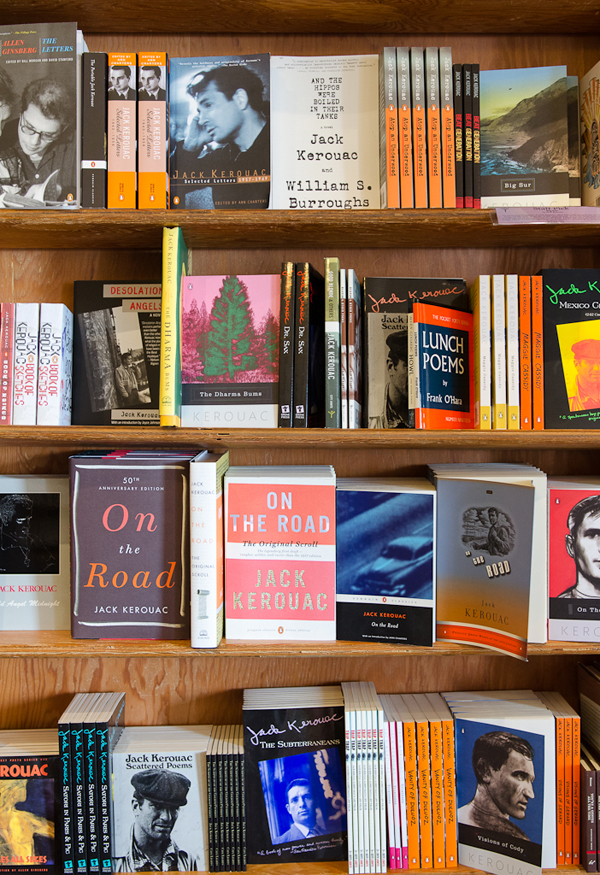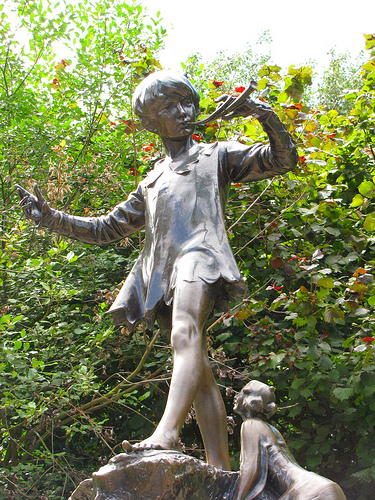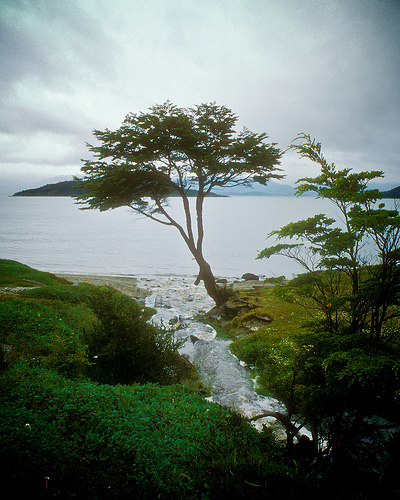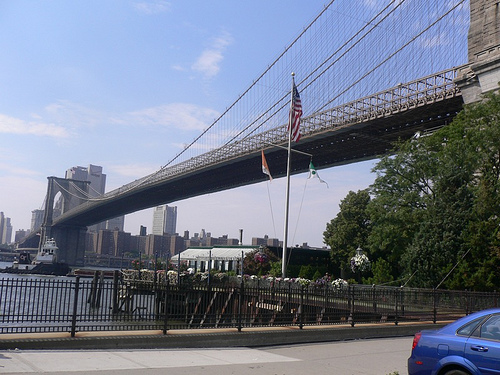
Sweden has a long tradition of Scandinavian laws that attempt to enforce social harmony. Literary Traveler and author of our latest article, Andrew Buswell, discuss how art can shed light on a country’s darkest secrets.
Literary Traveler: Do you think the islands of Sweden appear to divide the country’s society, and do you believe crime is partially the result of modern sensibilities clashing with a historical disposition?
Andrew Buswell: I don’t think Stockholm is hugely different from any other city in the respect that it has different areas heavily populated with either a different culture or different class. For centuries, classes and cultures have stuck together in quarters of major towns or cities. The origins of such violent crime that we see from time to time, could be said to come from a state more interested in creating a socialist heaven for itself than for the people. Whilst many are in agreement with measures brought in, there some who disagree. These people are often don’t dealt with or listened to. It seems to be a “one way or the highway” kind of system; however the political pendulum is beginning to swing slightly. Just look at the recent coalitions [government parties that aim to cooperate] being formed.
LT: Do you think the global success of the Millennium Trilogy is based on the characters, who were mostly based on people Larsson had contact with, or that the intrigue the novels have created around underground culture? What do you think draws a reader into the story?
AB: The characters Larsson created are very strong personalities that can be endearing, inspiring you to read on and discover about them. Knowing that they are partially based on reality makes it all the more intriguing and compelling, as the trilogy is such an unbelievable tale. Herein lies the key to the Trilogy’s success: the fact that something so unimaginable is actually happening around us is incredible. The domino effect of global interest and intrigue has served to bring many important issues to light. For example, there are now conspiracy theories floating around the web and global media motivated by discovering the extent of the problems facing Sweden (if they are actually serious). For latecomers to the novels, this is surely one of the reasons they’re drawn to the books.
Personally, it was a simple recommendation. After reading about 20 pages I had forgotten who had made the recommendation in the first place, because I was gripped for the next few months in the whole trilogy. Months of conjuring up images of the main players was only satisfied again by Lisbeth Salander’s character in the film version.
LT: What inspired you to travel to Sweden? Do you recommend any sites that are particularly relevant to the Millennium Trilogy?
AB: Well, my travels date back over ten years now, when my brother first moved to Stockholm. I’m a regular visitor to the capital (roughly thrice yearly) now. I was an addict before the Larsson novels and even more so since reading them. Beyond the complex layers of society represented in the books, which are apparently either at war or crumbling apart, I enjoy being a tourist strolling around the streets of Sodermalm (where a lot of the action takes place).
Sodermalm has taken on new significance, as I imagine Salander’s view from her new apartment near the Mosebacke bar, or how Blomqvist would have fit into the distinctly arty area of Bellmansgatan, had he actually lived there. There are a number of sites all in the south side of the city. It would be a fitting end to a day to sip a pint in Kvarnen, where Salander’s friends play regularly in their band Evil Fingers.
LT: Have you bore witness to Sweden’s ‘dark side’? Do you believe art serves to unite society, and do you think it can avoid derision considering Sweden’s long-held goal to protect its unique culture?
AB: Sweden’s model society is famous across the world and the goal of this society is to provide its citizens with the best quality life, and in many cases it does so. The maternity and paternity laws, for example, allow children and both parents to be together for extended periods of time (at the state’s expense). Whilst some people consider Sweden’s alcohol laws Draconian, they at least attempt to put a lid on all day drinkers. Whether this pushes people into binge drinking is a different matter entirely.
They are all laws well laid out, adhered to and governed and maybe this is where the bouts of extremism come from, groups unwilling to accept the odd law in three. Although I haven’t personally bore witness to its dark side, the recurring assassinations (Olaf Palme is one) and acts of violence speak for themselves.
In this way, I believe the arts can only be a positive influence. Yes, it highlights inadequacies in the so-called utopian society of Europe, but it helps make people aware that not everything is perfect.






